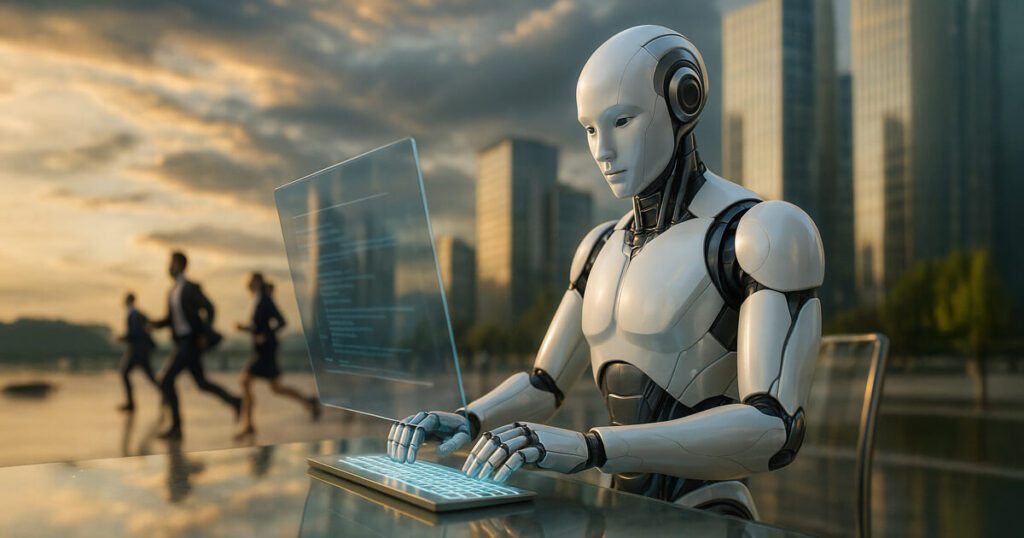Below are guest posts and opinions from Manouk Termaaten, founder and CEO of Vertical Studio AI.
On the piano player of his debut novel, American writer Kurt Vonnegut writes about the dystopia where automation took all his jobs. The novel reveals where the author stands on the machine and its impact on his work.
More than 70 years after the book’s publication, Public considers AI to be the latest Job Killer. The Pew Research Center found that 64% of the population believes AI will lead to fewer jobs in the next 20 years. However, fewer experts agree, but only 39%.
Approximately three-quarters of American adults and AI professionals believe jobs like cashiers are at risk over the next 20 years. More than half say the same applies to journalists, software engineers and factory workers.
62% of experts believe that AI-driven trucking jobs are low, but only 33% of the public agree. Is the outlook really very dark?
One study confirms public suspicion that AI has an impact on the job market, although some industries and regions are affected by other industries and regions. This study found that AI could play a prominent role in exacerbating income inequality.
“We find a pretty big negative employment effect,” says MIT economist Daron Acemoglu. He also states that the negative effects of AI can be exaggerated.
The AI industry can eliminate certain jobs, but it also has the potential to create many new jobs that we never imagined.
Meanwhile, another study found that AI creates three new types of AI-driven work. It’s a trainer, an expert, and a sustainer.
The fate and darkness of AI that replaces all work is pure and simple economic mistakes. The AI industry is not just machines that talk to each other. AI needs humans.
For example, reinforcement learning from human feedback (RLHF) aligns AI-in-Training via reward models to corporate policies. Humans are deeply involved in this aspect of the AI industry, tweaking and structureing data before and after training AI models.
These trainers are essential to the process of ensuring that natural language processors and language translators reduce errors.
This human feedback industry requires industrial-scale people to answer questions, improving the performance of AI models. The AI human feedback industry, together with many others, makes humans essential to AI. All AI companies need the help of data labeling today, as models consume structured data in which humans play a major role.
The human feedback industry creates jobs globally as AI companies need a diverse range of data labelers. In San Francisco, you don’t need a bunch of guys labeled all your data. The output is not that good. AI should represent everyone, not a bias in one group.
The human feedback industry offers new employment opportunities that anyone in the world with an internet connection can label the data of AI companies.
Now you don’t need to drive Uber, Doordash, etc. You can pull out your phone and labels anytime, 24/7. Instead of playing Candy Crush, you can do it for 5 minutes at the bus stop. Or you could do it for five hours, either semi-full-time or full-time. Anyone can make a living by labeling their data.
AI is not the first time that technology has been thought to destroy the job market. If new technologies affect unemployment, it is generally temporary.
For example, despite the fact that people today were once afraid that software would automate and replace many jobs, many of today’s job openings are aimed at software engineers. Instead, the software industry has produced a lot of work.
In the sector where AI cuts jobs and even eliminates transport (taxi, uber, truck drivers), AI can trigger new jobs in the same sector, retrain in new specialties, and do more fulfilling and convenient jobs.
Who is in the factory and wants to risk their lives to smell the iron? We have robots and machines that do that now. Free people for all of the new types of work opened up by this new technology.
Even if machines are taking on automated tasks, we still need people to handle creative tasks. AI does not surge in unemployment. Instead, they create countless new meaningful jobs that were previously unthinkable.


